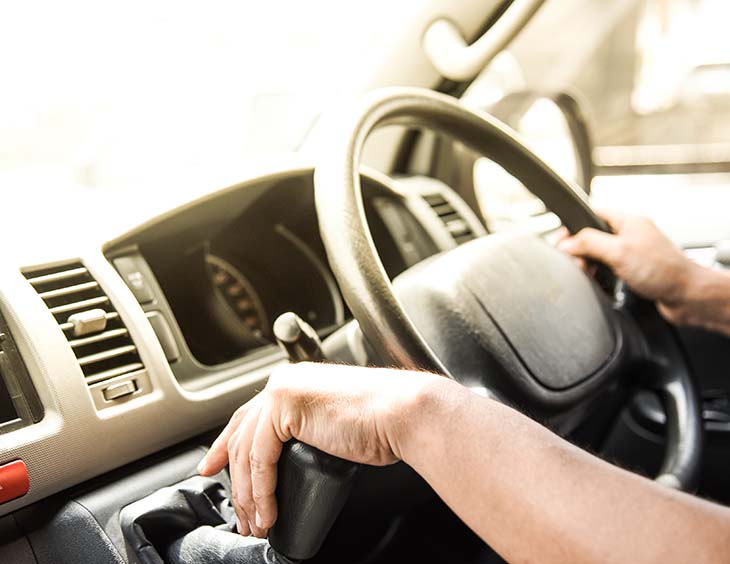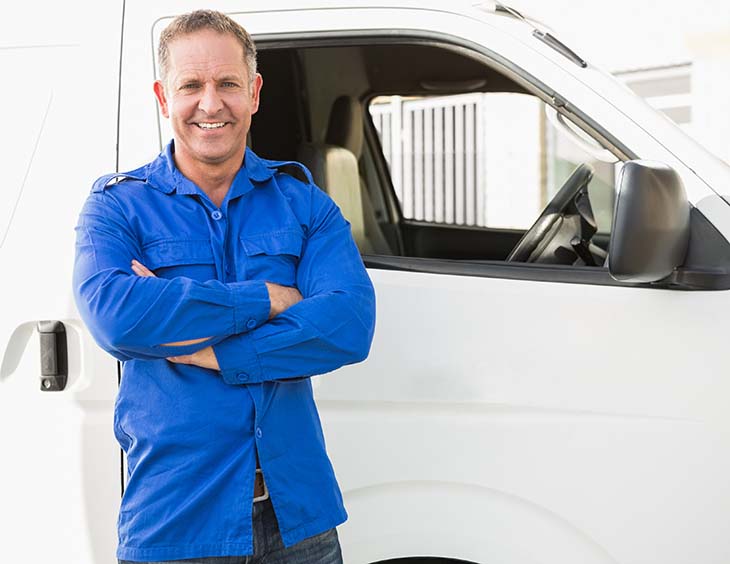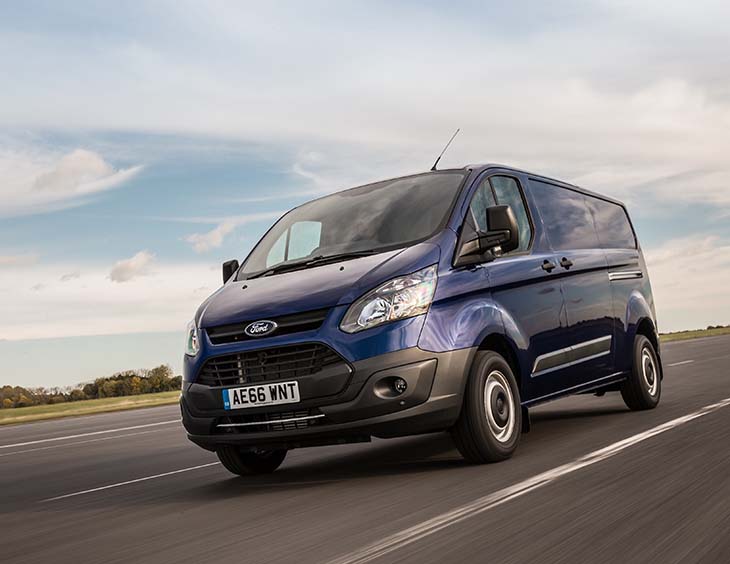When it comes to versatility, you can’t do much better than a van.
Whether you are a tradesmen who needs room for your tools, a delivery person who needs plenty of space for packages, or a hobbyist who wants somewhere to store their golf clubs and surfing gear, the van can be the most economical and practical solution.
Deciding to purchase a van can be a big decision, especially how you decide to buy it. Do you buy a van outright, laying down a potentially large amount of money but also owning the vehicle?
Or do you lease it, spreading the cost into Monthly Payments but adding to your monthly outgoings?
These decisions shouldn’t be taken lightly, especially as they can have a big affect on your life for the next few years.
So we’ve put together a guide explaining the pros and cons of Van Leasing and van buying.
Van leasing
Pro: Spread the cost
The biggest advantage of any leasing deal is that you can spread the cost of the vehicle into manageable monthly payments.
This means that you can potentially get a much better van then you might have thought you could afford, especially if you needed to hand out one big payment.
So you can take advantage of more efficient engines, better safety technology and ensure that the van you buy matches what you need for the next few years, rather what you can afford right now.
Pro: Tax-deductible expenses
Another advantage of a leasing deal is that you can claim up to 100% of the VAT back as a deductible, if your using your van for your business.
So long as your company is VAT-registered, you will be able to make a claim.
Pro: Change your van more often
The demands on your van may change between the start and the end of your agreement. Your business might grow, or you may end up specialising in a different area that means the size requirements change.
When you lease your van, you can change your vehicle at the end of the agreement for something newer. You can do this on a PCP Deal, and even use your old van as a part exchange on the new one.
This is especially something to consider now that commercial vehicles are in the spotlight because of their emissions.
Diesel engines are becoming less popular, and there is talk of more city centres prohibiting them entirely.
It’s likely that the tax cost will rise, meaning any financial benefit you get from the lower cost could be lost.
Being able to change your van to something more efficient in future, could be a way to avoid these potential penalties.
Con: Condition and mileage limits
When you lease a van, as part of the agreement you will have to keep the van in a certain condition.
That means you need to ensure its serviced regularly, and any cosmetic damage should be repaired quickly.
You also need to stick to the Annual Mileage Limit set by the lender, with potential penalties if you go over the limit.
This does set some restrictions on how you can use your van. And if you need to pay to make a cosmetic repair, it can be an unexpected expense too far.

Van buying
Pro: Ownership
The main pro of buying a van is that you own the vehicle outright.
That means you can use it however you want, with no concerns about mileage limits or keeping it in a certain condition – ideal if you travel long distances to dirty building sites!
Plus you can always sell the van if you have a change of circumstances.
Pro: Purchase cost is tax-deductible
Like with leasing a van, you can put the cost of your van as a business expense and deduct this from your tax.
Exactly how you do this depends on your tax arrangements. The most common form through traditional accounting is to claim the van as a capital expense.
Pro: One single payment
The other advantage of buying a van is that you only pay once. The monthly payments can be an extra cost that can add to your expenses, something that can be a problem if you are running a business and want to keep your running costs down.
A well-balanced budget can alleviate that problem but having the cost of the van sorted in one go can be a relief.
Con: A big expense
Buying a vehicle outright is a big expense. If you have saved up money to start your business, then this is a big outlay before things have even started.
Starting a business can be an uncertain time, so you might need more money for promotions or equipment.
And saving up enough cash to buy your van can mean you end up going for something cheaper that’s not quite as suitable for what you need.
So what should I do?

The pros and cons for both van buying and leasing are many and varied. Before you make any decision, you should sit down and make a budget for the next few years, to work out what you can afford to spend now and what you think you’ll be able to spend each month.
You should factor everything in that’s related to your business. If you’re getting a van for a hobby, you should still do this but just take in your monthly household expenses.
Buying a van can give you more flexibility with how you use it, but it is a big expense. Leasing a van spreads the cost and allows you to change for something new at the end of your agreement, but it also comes with restrictions.
Van leasing at Creditplus
If you’re considering leasing a van, then why not apply with Creditplus?
We can help you find the perfect van for your needs. So, whether you want to use it for business or pleasure, we can search our database of trusted dealers to find the right one for you.
We also compare a wide range of Finance Packages to get you the best deal. To discuss your requirements with a van leasing specialist, simply complete our quick and easy application form.





 Facebook
Facebook Twitter
Twitter Instagram
Instagram LinkedIn
LinkedIn Youtube
Youtube